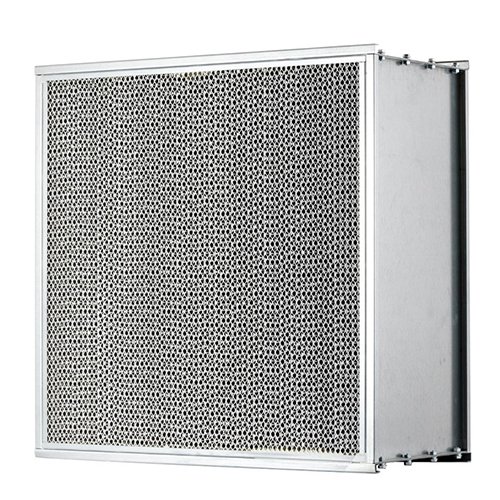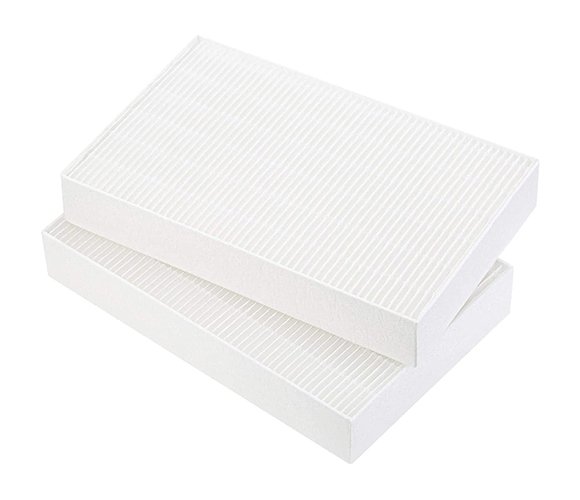A HEPA Air Filter is Your Ally for Clean, Healthy Air
Air quality has become a critical health concern in this day and age. While we often focus on outdoor pollution, indoor air can also harbor various contaminants. With this reality, home air filtration has grown increasingly important, and HEPA air filters rise as the standard for clean, healthy air.
What is a HEPA Air Filter?
HEPA stands for High-Efficiency Particulate Air. The U.S. Department of Energy (DOE) set the standards for HEPA filters, stipulating that to earn the HEPA label, a filter must capture 99.97% of particles that are 0.3 microns. The size of 0.3 microns is worthy to note because it represents the "Most Penetrating Particle Size (MPPS)," which is the hardest size of particle to filter.
HEPA filters are capable of trapping a broad range of contaminants, including PM2.5 (fine particulate matter), pollen, pet dander, dust mites, and other tiny airborne particles that can adversely impact indoor air quality. This meaningful reduction in airborne pollutants can reduce allergy symptoms, asthma episodes, and limit the spread of airborne diseases.

During the recent COVID-19 pandemic, the role of HEPA filters has gained extra attention. Although the SARS-CoV2 virus (which causes COVID-19) is smaller than 0.3 microns, it often travels in respiratory droplets or aerosols that are larger, and thus can be effectively intercepted by the high efficiency filters.

HEPA filtration is not just for industrial or clinical settings - these filters can also be incorporated into your home's HVAC system, standalone air purifiers, vacuum cleaners, and even cars. They can significantly improve your home's overall air quality, leading to a cleaner and healthier living environment.
When it comes to HEPA filters, there are a few things you'll need to note:
Replacement: To maintain the efficiency of the filter, regular replacement is necessary, typically every 12 to 18 months, depending on the usage and air quality.
Noise: Air purifiers often have fans to push air through the filter. This setup can produce some noise, so consider this when selecting a device for your home.
Power Consumption: Again, most devices with HEPA filters use fans, meaning they will draw power. Be conscious of this when choosing the equipment and when calculating running costs.
Despite these considerations, the advantages of HEPA filters overwhelmingly outweigh any potential downsides.
With a HEPA air filter, you're choosing the gold standard in air purification tech, directly contributing to a cleaner, healthier home environment. Remember, turning your home into a safe haven isn't a luxury; it's a necessity in the world we live in. You can make that a reality today with a mini yet mighty tool.


